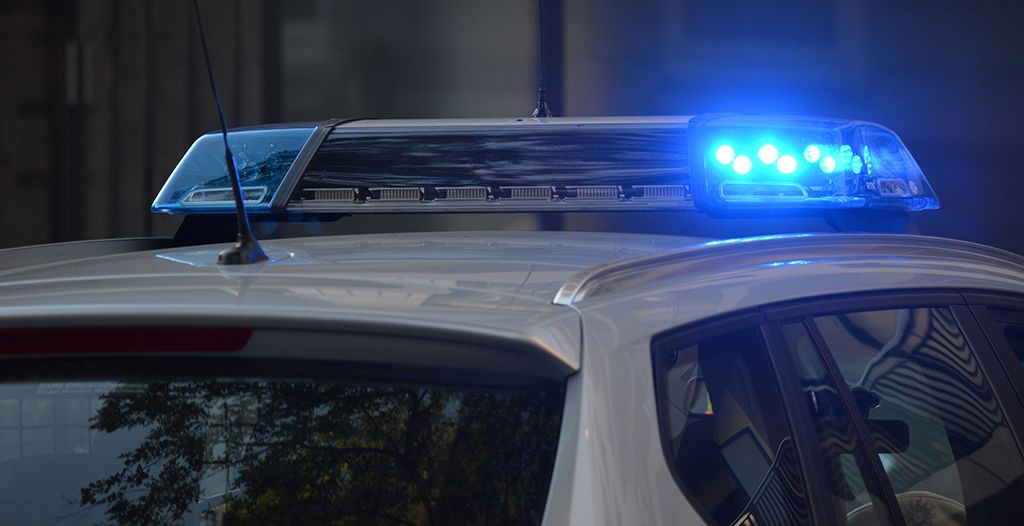Vehicle Searches in Colorado Springs: Can Police Search My Car?

Being pulled over can be a scary experience. Out of fear, you cooperate and comply with the officer’s requests. But what if the officer asks to search your vehicle? Should you consent? Can police search a car without a warrant?
As a driver, it’s important to understand your rights and how to respond when a police officer asks to search your vehicle.
Should You Allow the Police to Search Your Car?
The simple answer: no.
The Fourth Amendment protects you from unlawful search and seizures. That right extends to your vehicle as well. You have the right to say “no” to a search. However, in certain scenarios, the police may still be able to search your vehicle.
If a police officer asks for consent to search your vehicle, it’s important to remain calm and cooperative.
- You may politely decline and simply state, “I do not consent to warrantless searches.”
- Repeat your refusal as necessary.
You are waiving your Fourth Amendment right when you consent to a search. If the officer finds anything, it could be used as evidence against you. Even if you feel that you have nothing to hide, it’s generally in your best interest to politely decline a warrantless vehicle search.
If the police officer decides to search your vehicle anyway, be cooperative, polite, and respectful. Allow them to complete the search without interfering, and call a criminal defense lawyer immediately. Any evidence collected during an unlawful search should be thrown out of court.
Can Police Search Your Car Without a Warrant?
Although the Fourth Amendment protects against unlawful searches, the rules are slightly different for vehicles compared to home searches.
Police don’t have the time to obtain a warrant from a judge when conducting a routine traffic stop. So, police may be able to search your car without a warrant in certain scenarios.
Probable Cause
A warrantless search of your vehicle is possible if the officer has “probable cause.” What is probable cause? This is a term that is used when an officer has a reasonable belief that you’re hiding something, such as:
- An illegal weapon in the vehicle
- Evidence of a crime
When probable cause is claimed, the officer will often pat you down to ensure that you’re not carrying contraband or weapons of any kind.
Plain View
Police searches can rely on many legal doctrines, and one of these reasons includes the plain view doctrine. A plain view search is a search that is legally conducted because a visual scan of the vehicle finds something illegal in plain view. In other words, if the police see something, they can search.
For example, if the police officer initially pulls you over for a broken taillight, they’ll often scan the vehicle as they approach.
If, for example, the officer sees open liquor bottles on the floor or a bag of cocaine on the dashboard, they have a right to search the vehicle. However, “view” also includes smell, although the name doesn’t imply this.
What does this mean? An officer can search your vehicle or person under plain view if they see or smell marijuana, alcohol, or another substance.
Inventory Search
An inventory search is a little different than what most people think of when they hear that an officer is going to search their vehicle. Instead, an inventory search is conducted when you’re arrested and your vehicle is impounded.
When a vehicle is impounded, the police will:
- Conduct a thorough search throughout the vehicle
- Itemize all items in the vehicle
Police conduct an inventory search due to liability concerns. However, if an illegal firearm or substance is found during the search, additional charges may be filed.
Search Incident to Arrest
If you’re being arrested, the police officer has a right to search the immediate vicinity of the driver. Essentially, if you can reach a certain area of the vehicle, the officer can search this area. For example, the officer can search your passenger seat or cupholder during an arrest.
When the police have grounds for arrest, they’re allowed to search the immediate vicinity. One example of this would be when police pull someone over for a suspected DUI, they can search under the driver and passenger seats for opened bottles of alcohol. Another excellent example of this would be a police officer arresting a person that flees the scene of a shooting. Due to the circumstances of this case, an officer that pulls the suspect over and arrests them may search the immediate vicinity for a firearm.
However, the circumstances of a stop will dictate if the police officer can conduct a search. If, for example, you were in the back of a patrol car, the officer could not claim that they were afraid that you would reach for a weapon at the time you were in the patrol vehicle and so they searched your vehicle. In this scenario, you being in the police car means that you’re no longer a threat to the officer and they had no right to search the vehicle further.
The Bottom Line
In short, if a police officer is requesting to search your car, you should not consent to the search. Of course, an officer may claim reasonable suspicion to search the vehicle anyway, but we advise you to never give consent even if you have nothing to hide.
As soon as you are able, reach out to an experienced lawyer who can uphold your rights and build a strong defense on your behalf.

